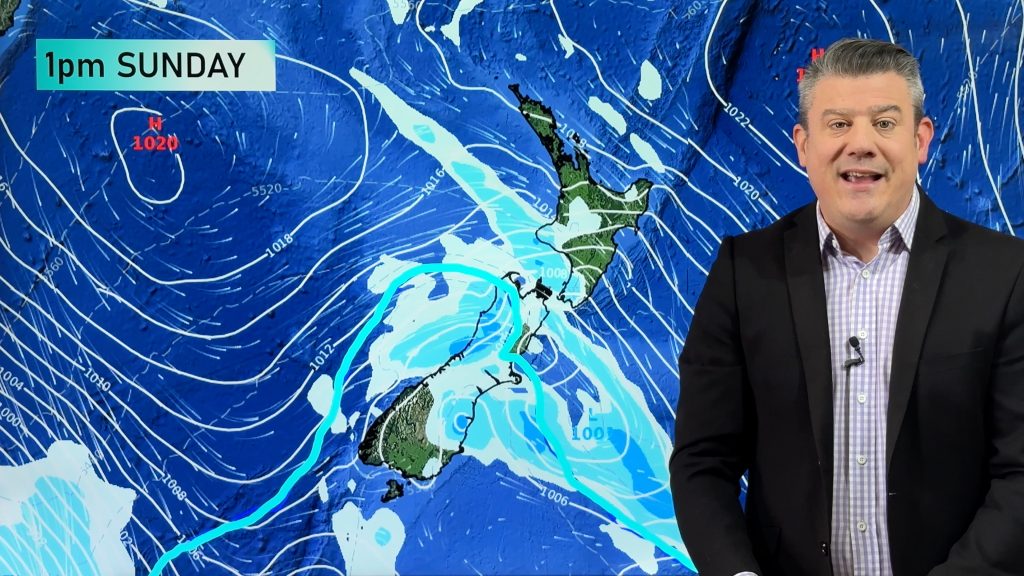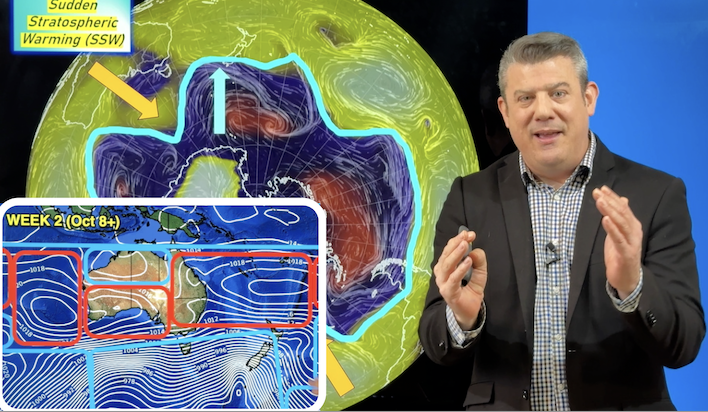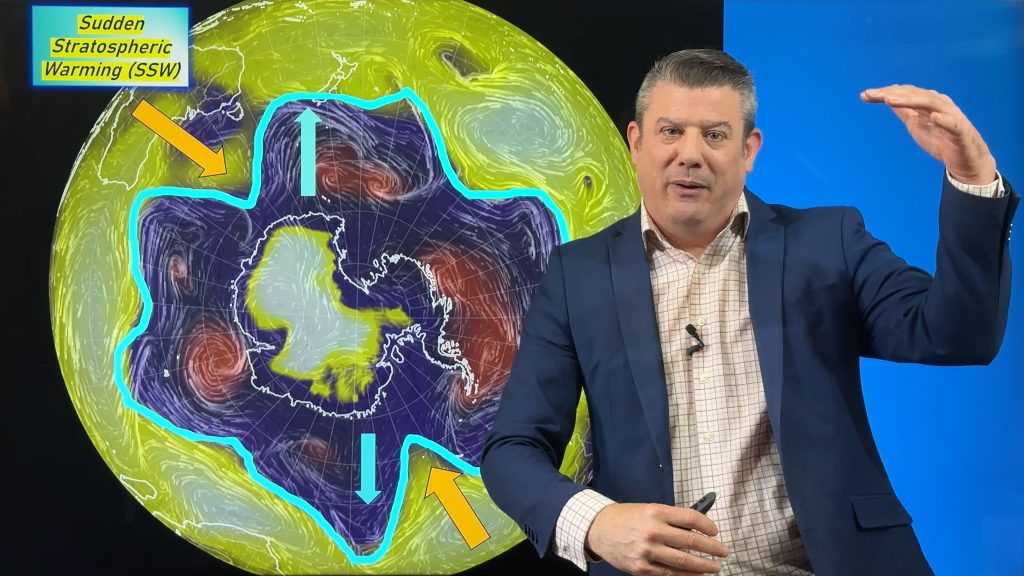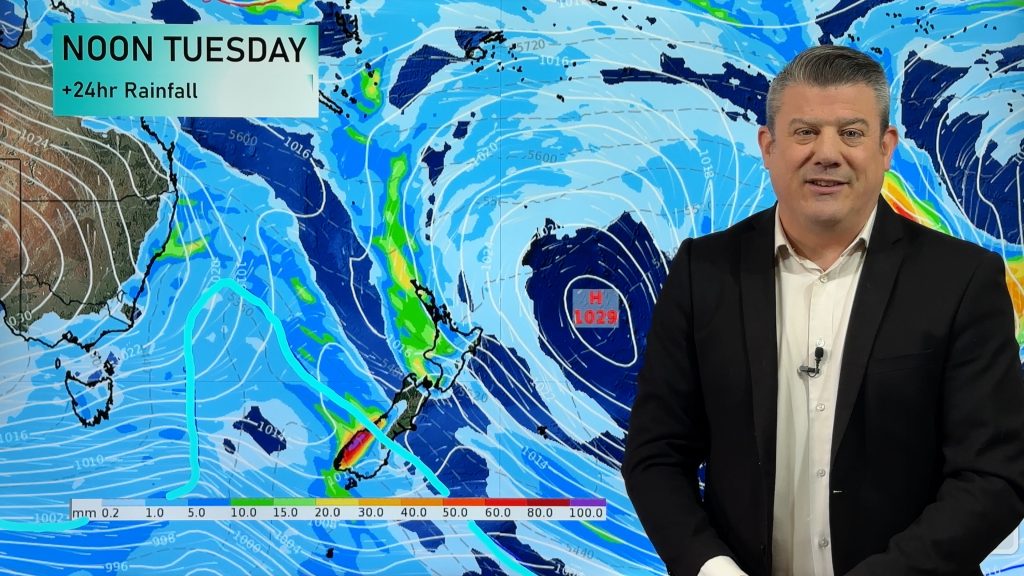
> From the WeatherWatch archives
President Barack Obama declared today a “meaningful and unprecedented breakthrough” had been reached among the US, China and three other countries on a global effort to curb climate change but said much work was still be needed to reach a legally binding treaty.
“It is going to be very hard, and it’s going to take some time,” he said at the conclusion of a 193-nation global warming summit. “We have come a long way, but we have much further to go.”
The president said there was a “fundamental deadlock in perspectives” between big, industrially developed countries like the United States and poorer, though sometimes large, developing nations.
Still he said this week’s efforts “will help us begin to meet our responsibilities to leave our children and grandchildren a cleaner planet.”
The deal includes the United States, China, India, South Africa and Brazil.
Earlier, a diplomatic frenzy engulfed the final day of the UN climate conference, with competing meetings, documents and agendas vying for attention.
President Barack Obama met privately twice with China’s premier as world leaders pressed to salvage a global warming accord amid deep divisions between rich and poor nations.
But neither Obama nor Chinese Premier Wen Jiabao offered any new commitments to cut the greenhouse gas emissions that cause global warming as they addressed the conference. And Wen skipped a high-level meeting of nations, sending an envoy instead.
“We are ready to get this done today but there has to be movement on all sides to recognize that is better for us to act rather than talk,” Obama said, insisting on a transparent way to monitor each nation’s pledges to cut emissions.
Wen told delegates that China’s voluntary targets of reducing its carbon intensity by 40 to 45 per cent will require “tremendous efforts.”
“We will honor our word with real action,” Wen said.
Abandoning any hope of reaching a comprehensive deal, a group of about 25 countries sought agreement on a two-page political statement setting out critical elements, key among them the mobilization of $30 billion in the next three years to help poor countries cope with climate change. That would scaled up to $100 billion a year in climate change aid by 2020.
As negotiations evolved, new drafts of the document, titled the Copenhagen Accord, emerged with key clauses being updated and modified. Later drafts said rich countries should cut their greenhouse emissions by at least 80 per cent by 2050.
READ THE FULL ARTICLE HERE
Comments
Before you add a new comment, take note this story was published on 18 Dec 2009.






Add new comment